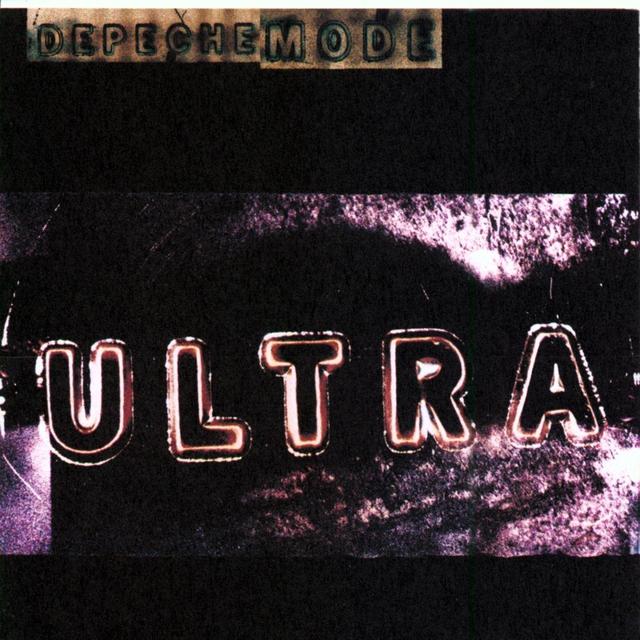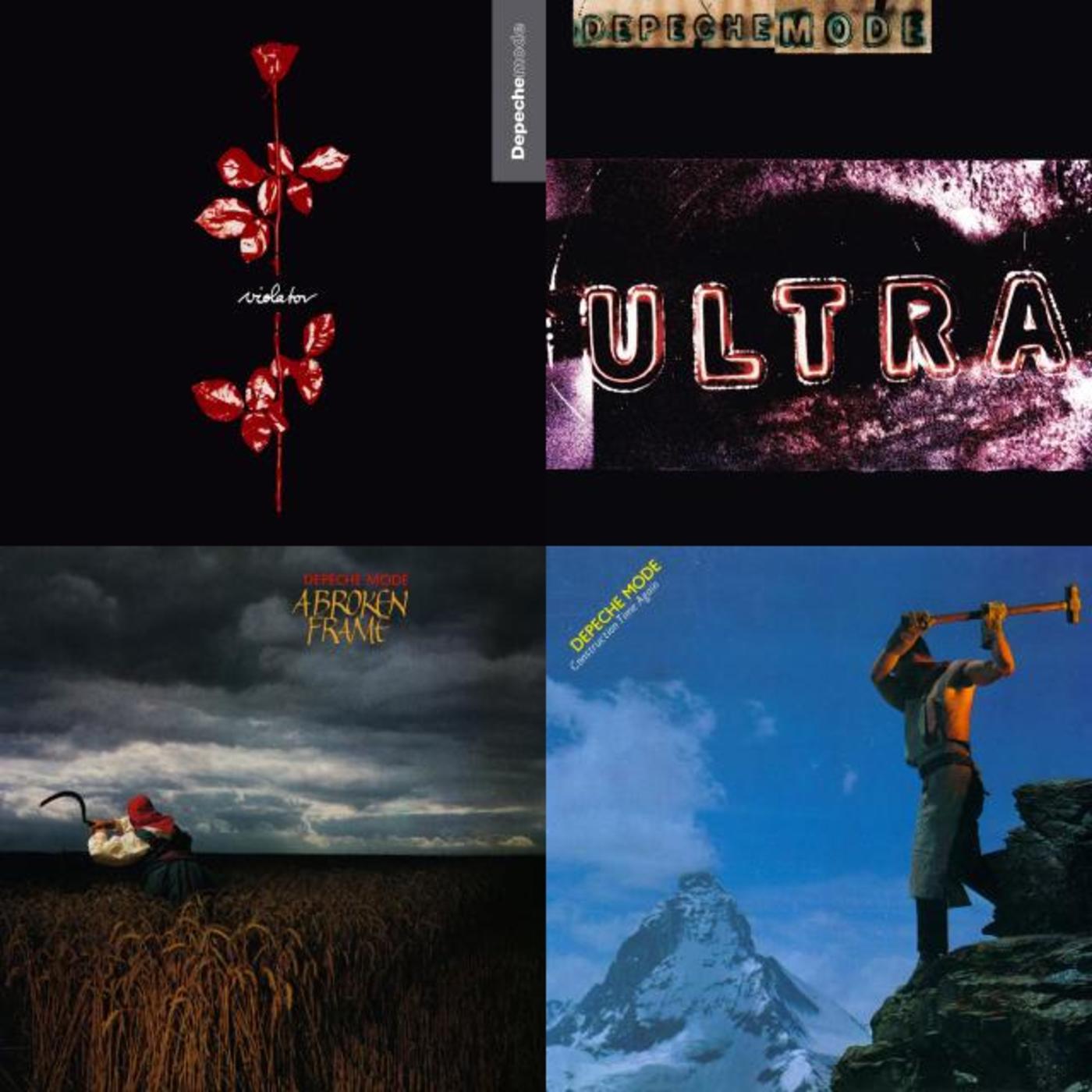Depeche Mode: The Vinyl Reissue Train Keeps A’Rollin’

Early last month, Rhino kicked off the first phase of its 180-gram vinyl reissue campaign for Depeche Mode’s back catalog, which put fresh new copies of Some Great Reward, Black Celebration, Music for the Masses, and Songs of Faith and Devotion onto DM fans’ turntables, and if you’re one of the folks who invested in that quartet of classic albums, then you know just how great they sound.
In case you haven’t already heard, yesterday marked the kickoff of the second phase of that campaign, which adds the following four albums to the mix:
A Broken Frame (1982) – Martin Gore has been captured on camera stating for the record – and for the documentary that accompanies the deluxe edition of A Broken Frame – that he considers this to be Depeche Mode’s worst album, but that’s just the sort of thing he would say about an album that he had to write all by himself after Vince Clarke departed the ranks of the band. Can you imagine how stressful that must’ve been? The pressure must’ve been tremendous. Even if Gore isn’t a big fan of the album, the singles from A Broken Frame, “See You” and “The Meaning of Love,” are still good, catchy synthpop fun, and the band clearly must have a soft spot for “Leave in Silence,” as an acoustic version of the song turned up in their live set a few years back.
Construction Time Again (1983) – The band’s first album featuring Alan Wilder as a proper member of the band also found Gore seemingly finding the process of songwriting a bit more comfortable. (Hey, at the very least, we know he doesn’t consider the results to be the band’s worst album, right?) Construction Time Again starts strong, with “Love, In Itself,” but there are few who would argue against selecting “Everything Counts” as the album’s strongest song. Certainly, it captured the fans’ hearts…and if you doubt this statement, then just give a listen to the way the crowd sings along on the band’s concert album, 101.
Violator (1990) – Statistically speaking, there’s way, way more of a chance that you already own this album than any other that Depeche Mode has released in their career to date. Not that the band wasn’t already a force to be reckoned with before they released their “Personal Jesus” single, but it was so well-received that the buzz surrounding Violator reached ridiculous proportions. It’s definitely a dividing line for some fans – it’s hard to use the word “alternative” to describe a band that’s released an album that’s gone triple-platinum – but thanks to additional singles like “Enjoy the Silence,” “Policy of Truth,” and “World in My Eyes,” it’s still very much an album that’s worth owning, mainstream or not.
Ultra (1997) – Not only does this round of releases include Depeche Mode’s last album before Alan Wilder joined the band (A Broken Frame), but it also includes the band’s first album after he left the band, which – as you probably guessed – is this one. The fact that the documentary about Ultra is entitled Oh well, that’s the end of the band may give you some idea where their headspace was at the time, but that’s what happens when one member leaves and another member (Dave Gahan) gets so caught up in cocaine-heroin addiction that he finds himself in court-mandated rehab. Recorded after Gahan’s stint in rehab, Ultra may have been the work of a band in flux, but they still managed to come up with some great tunes, including “Barrel of a Gun,” “It’s No Good,” and “Home.”
So there’s what you’ve got to choose from…although, you know, you could save a lot of decision-making time if you’d just go ahead and buy all four of ‘em. If your budget doesn’t allow that, though, here’s a playlist featuring some of the best songs from the above albums, to help you narrow things down a bit.


